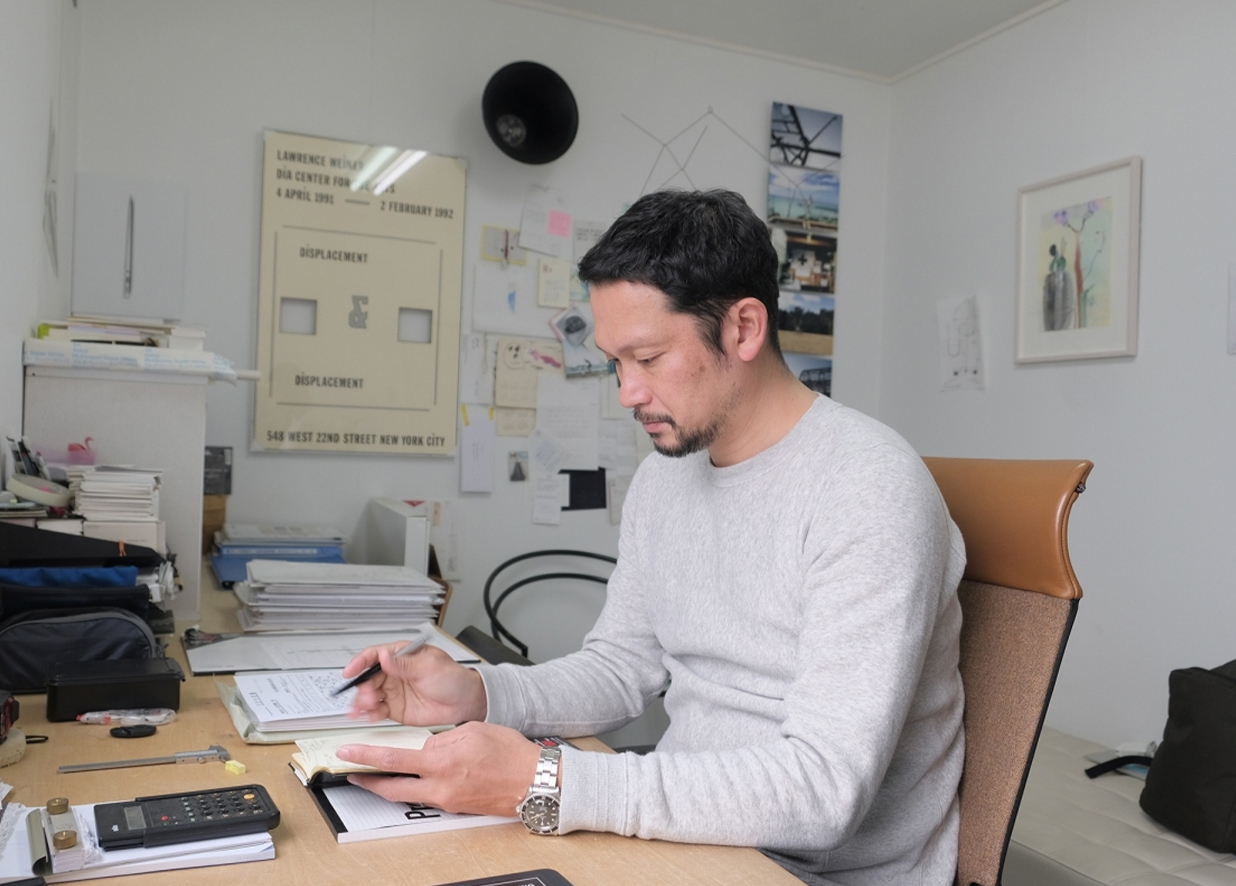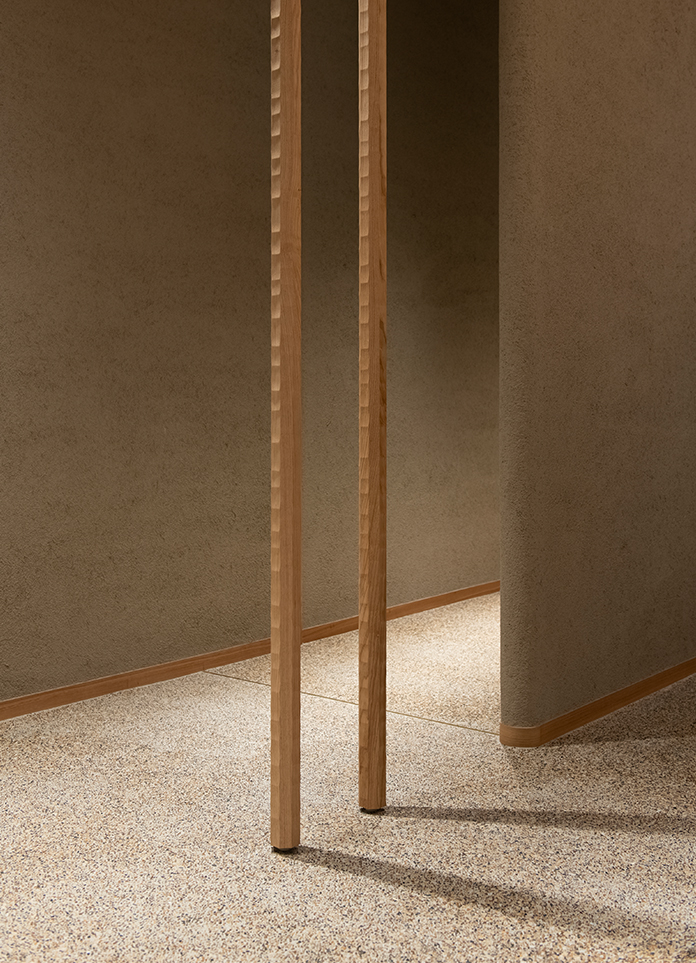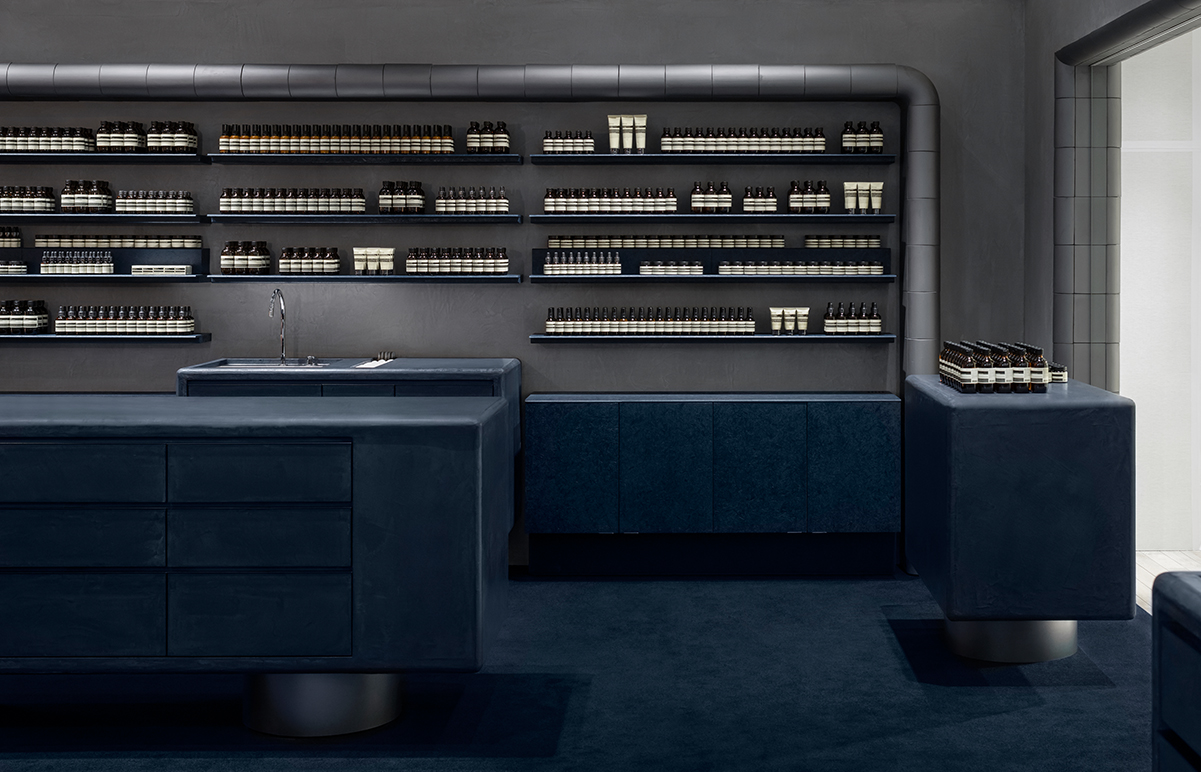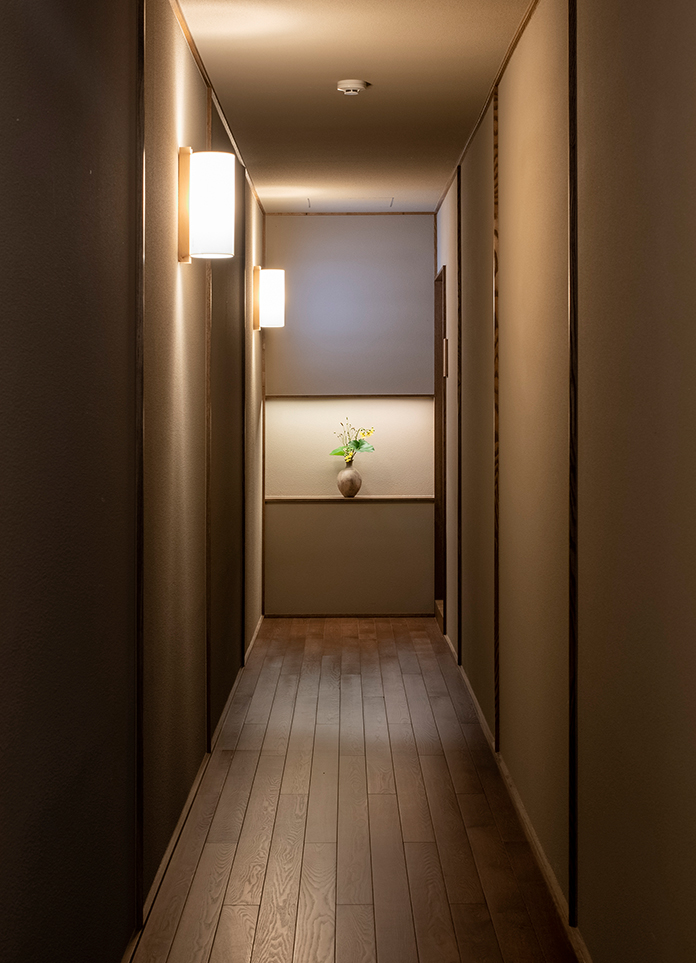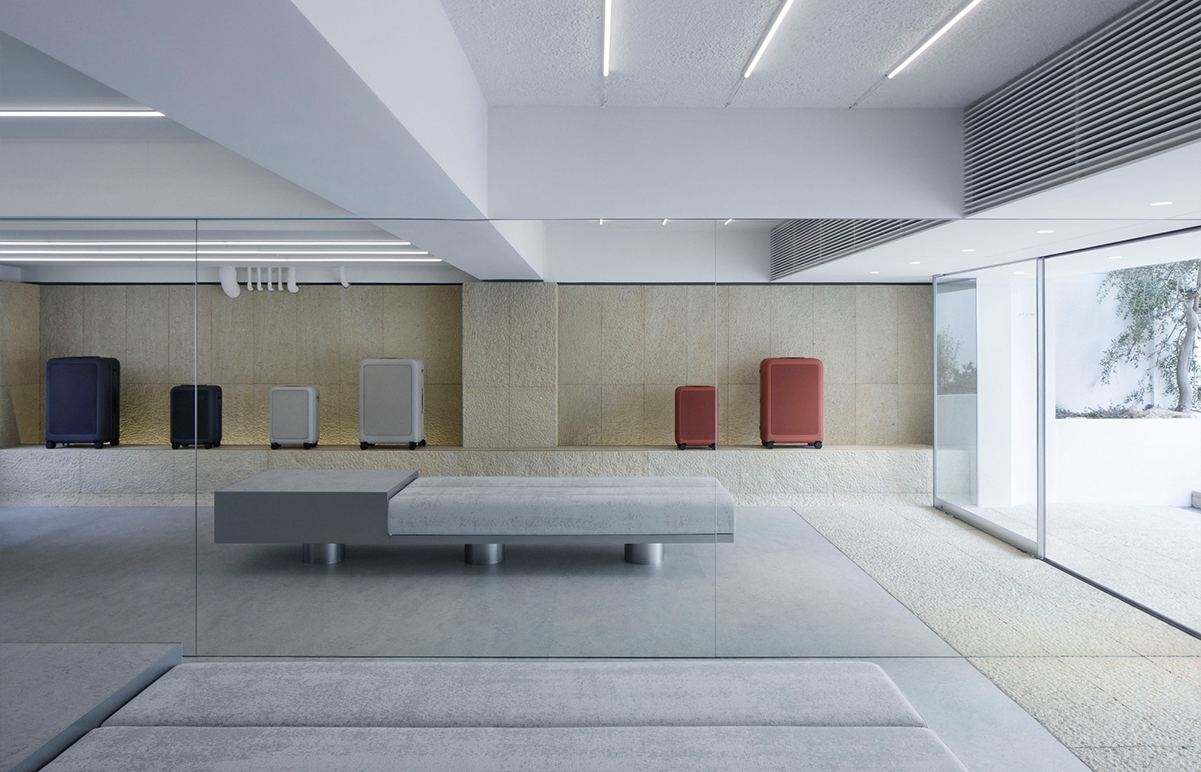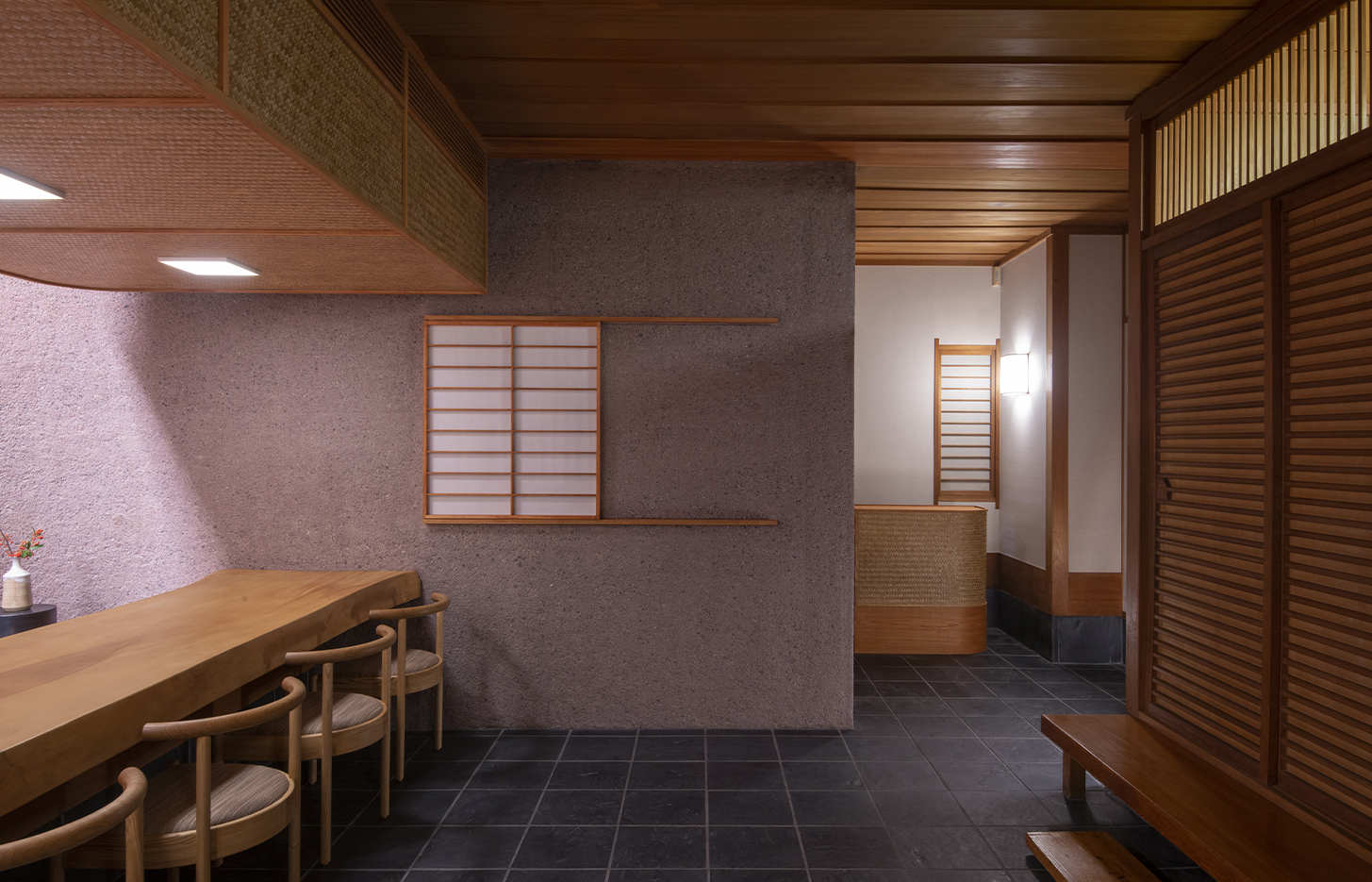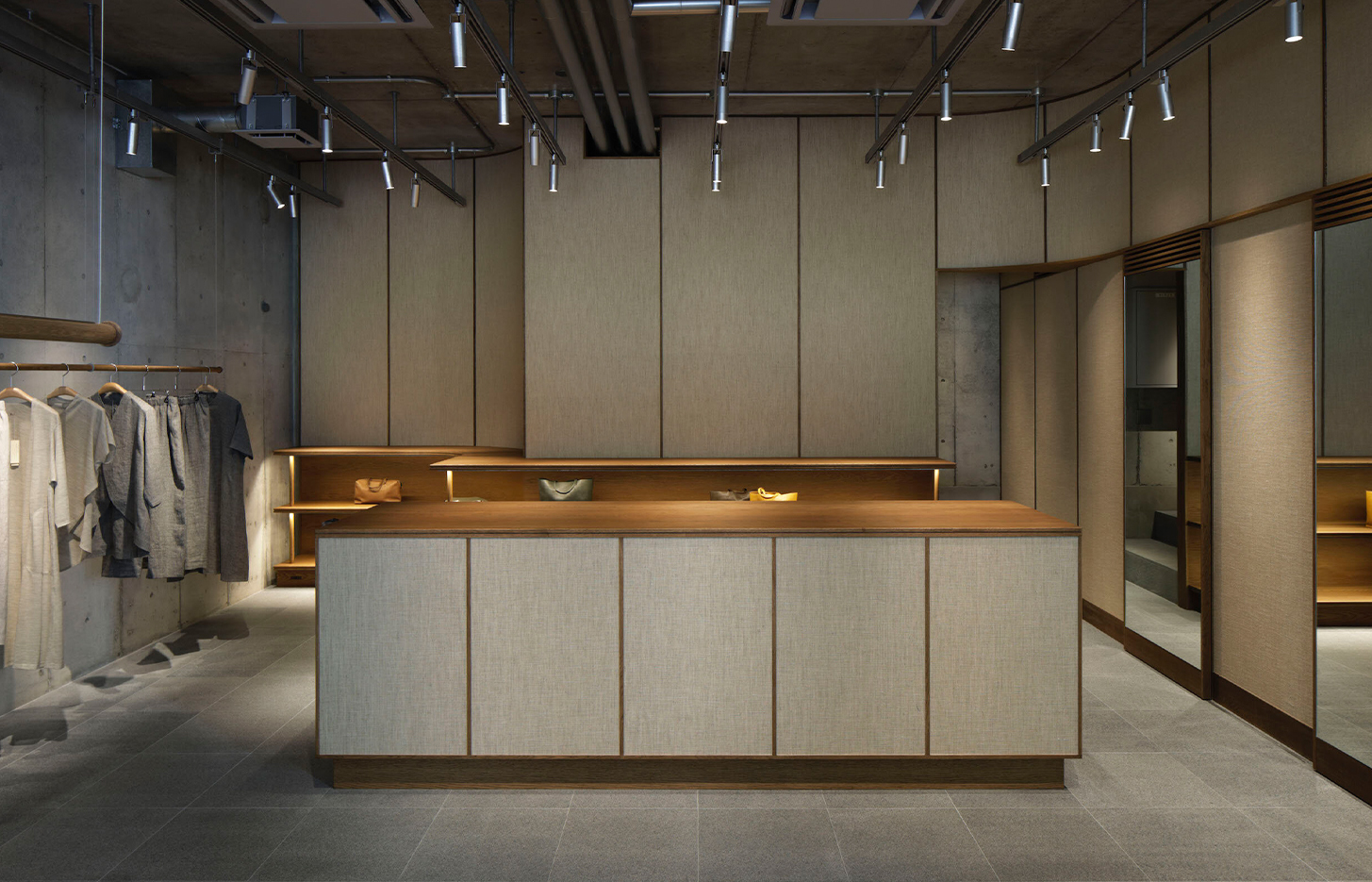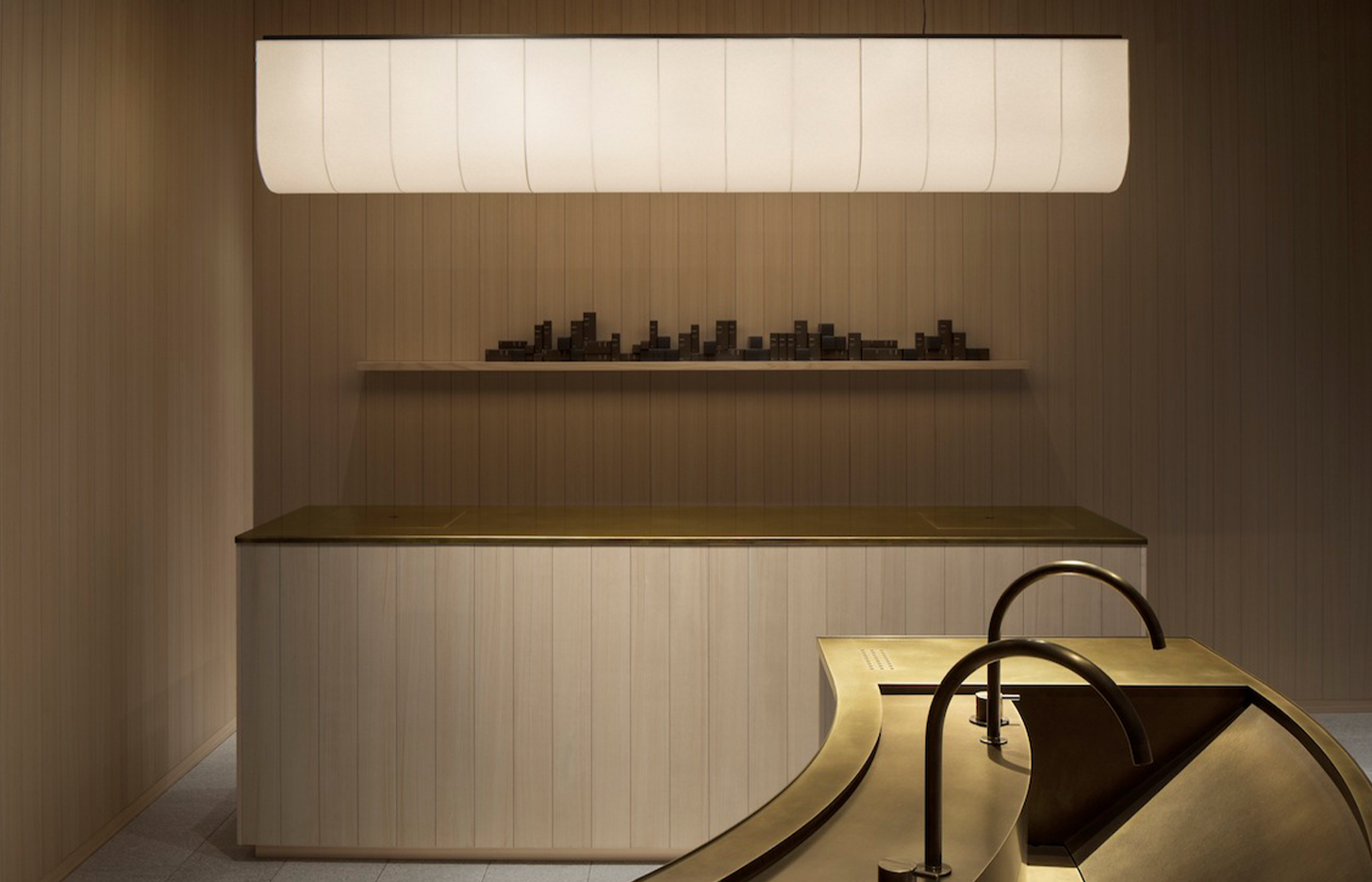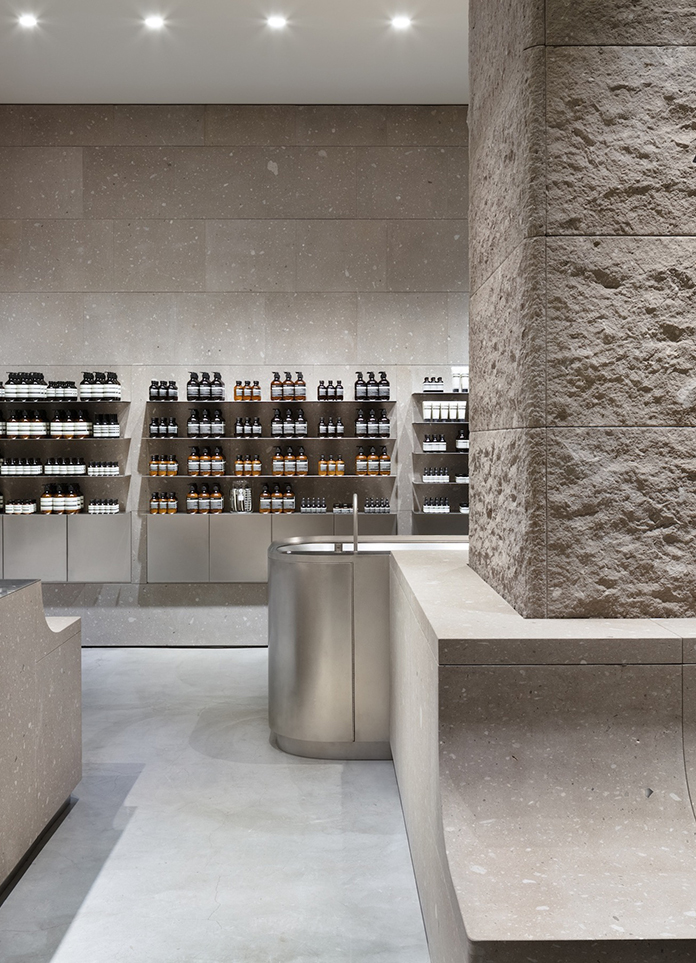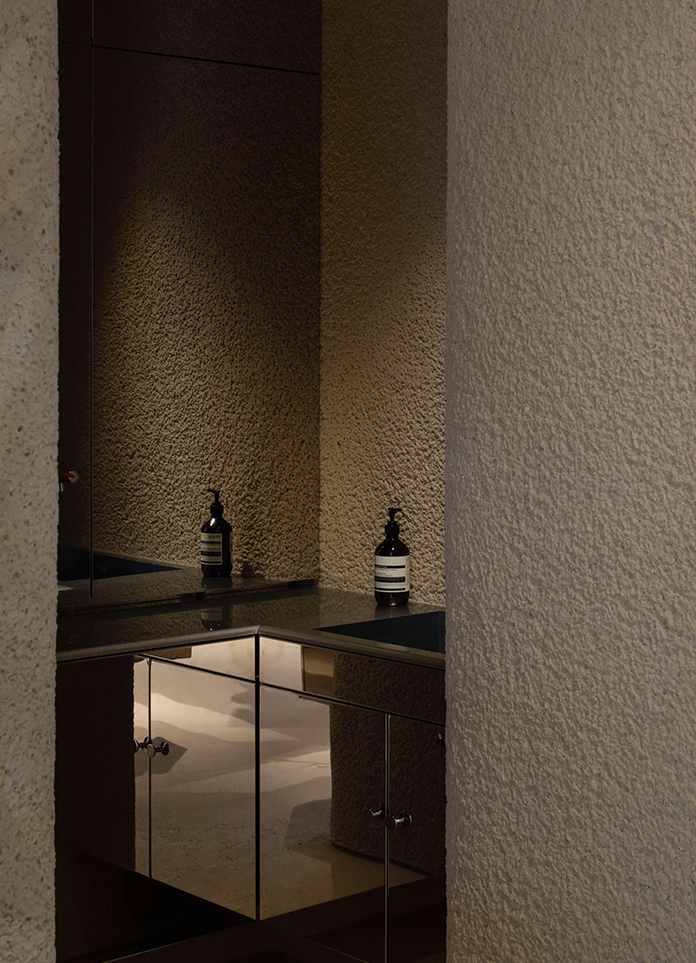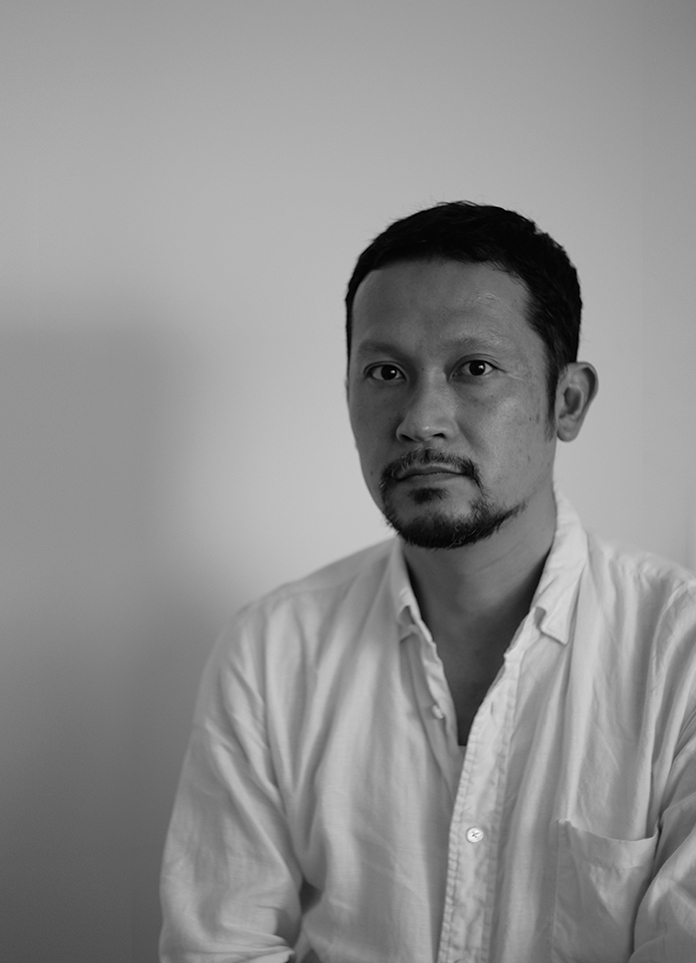
Case-Real
The details constitute a "worldview" and "depth", and these are the emotions or characteristics of the Japanese. The "correctness" of a space is determined by considering these details in the design.
Case-Real is an architecture and interior design studio based in Fukuoka, Japan, founded in 2000 by founder Koichi Futamata. The studio focuses on product furniture design, interior design and architectural design. They essentially recognize the space of existence through the use of ideas and methods derived from circumstances, goals, and problems.
Founder Koichi Ida is a product and space designer based in Tokyo and Fukuoka. Since 1998, he has focused on the design of interior and architecture to furniture products at home and abroad. Born in Kagoshima in 1975, he graduated from the Department of Architecture, School of Engineering, Kyushu Sangyo University in 1998. In 2013, he founded his namesake Koichi Futamata Studio in the same office. Currently, he is in charge of Case-Real, which specialises in space design, and Koichi Futamata Studio, which specialises in product design.
Koichi Futamata considers elaborate detail to be his style, as does his quest for a personal touch. Even if the concept and overall atmosphere are good, if the details are sloppy, he feels that a space is incomplete. This was important to him because the design had to be just right without feeling any discomfort. Something that is immediately felt when you walk into a space and touch this product. The only way to do this is to get every detail just right.
Some of Case-Real's designs give an impression of authentic Japanese style, and their works are "Japanese". But for designers, they don't have a standard for a Japanese design perspective. They have always believed that details constitute a "worldview" and "depth", and these are the emotions or characteristics of the Japanese. The studio pays great attention to the combination of materials and colors, believing that the "correctness" of a space is determined by considering these details in the design.
